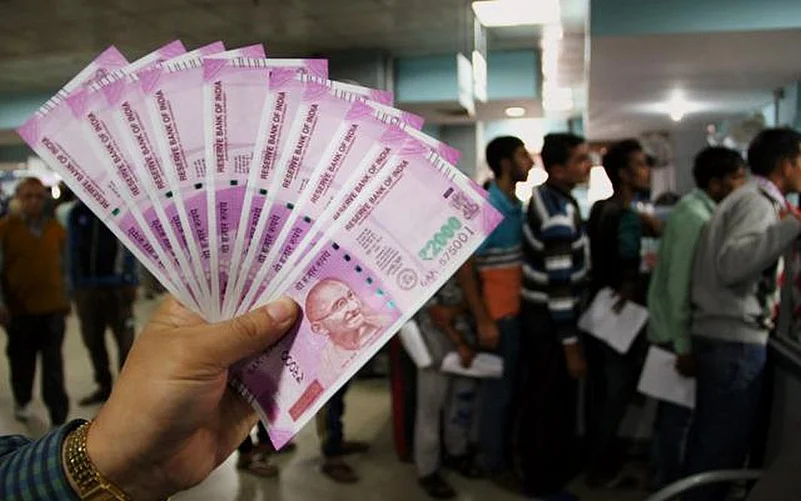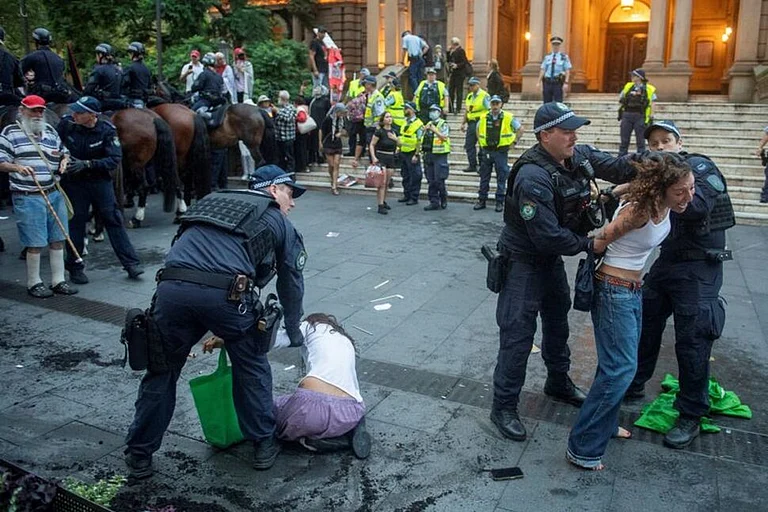The controversial Financial Resolution and Deposit Insurance (FRDI) Bill, 2017 with the 'bail-in' clause that allows banks to use depositors' savings in case it collapses, has been deferred by the standing committee.
The joint committtee of parliament was supposed to hand over its report on the bill in the first week of the winter session of parliament that began today. The committee will now submit its report during the budget session next year.
The so-called "bail-in" clause in the draft bill has been commented upon by experts as bringing potential harm to deposits, in the form of savings accounts.
The FRDI Bill proposes to create a framework for overseeing financial institutions such as banks, insurance companies, non-banking financial services (NBFC) companies and stock exchanges in case of insolvency.
The 'bail-in' clause theoretically allows beleaguered banks and financial institutions to legally usurp depositors' money in a desperate bid to stop going bust.
The move comes after protests against the 'bail-in' clause despite the finance minister and the prime minister reiterating that the government is only working to protect the interest of bank customers and their deposits.
An online petition against the bail-in provision in the FRDI bill received thousands of signatures even as the finance ministry said that the proposal, under consideration of a joint parliamentary committee, is depositor friendly and provides more protection.
Industry chamber Assocham had on Thursday sought removal of the "bail-in" clause in the draft bill, cautioning that the trust in the banking system runs the risk of being eroded if the clause is not done way with.
The FRDI Bill was cleared by the Union Cabinet cleared in June 2017. It is currently under the consideration of a parliamentary committee. While the bill when it becomes a law will lead to the birth of a Resolution Corporation which will exercise control over banks, insurance companies, and other financial institutions, it contains the hair-raising 'bail-in' clause, already creating panic among bank depositors.
Prime Minister Narendra Modi yesterday said the government is working to protect interest of bank customers and their deposits, as he sought to dispel rumours regarding the proposed FRDI Bill.
"The government's assurance notwithstanding, Sub-section 7 of Section 52 of the proposed law clearly says that the bail-in, to which depositors have strong objection to, shall not be applicable to deposits to the extent only covered by insurance," ASSOCHAM had said.
In India, less than a third of bank deposits in value terms are insured by the Deposit Insurance and Credit Guarantee Corporation of India (DICGC). If a bank goes bust, the DICGC will pay back the insured amount to the depositor but that is restricted to just Rs 1 lakh per depositor per bank. The FRDI Bill is reportedly silent on the extent of deposits to be guaranteed and that remains a key source of concern.
(Inputs from PTI)


























